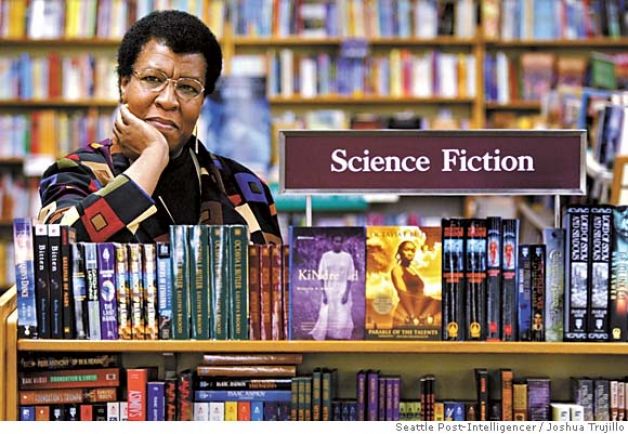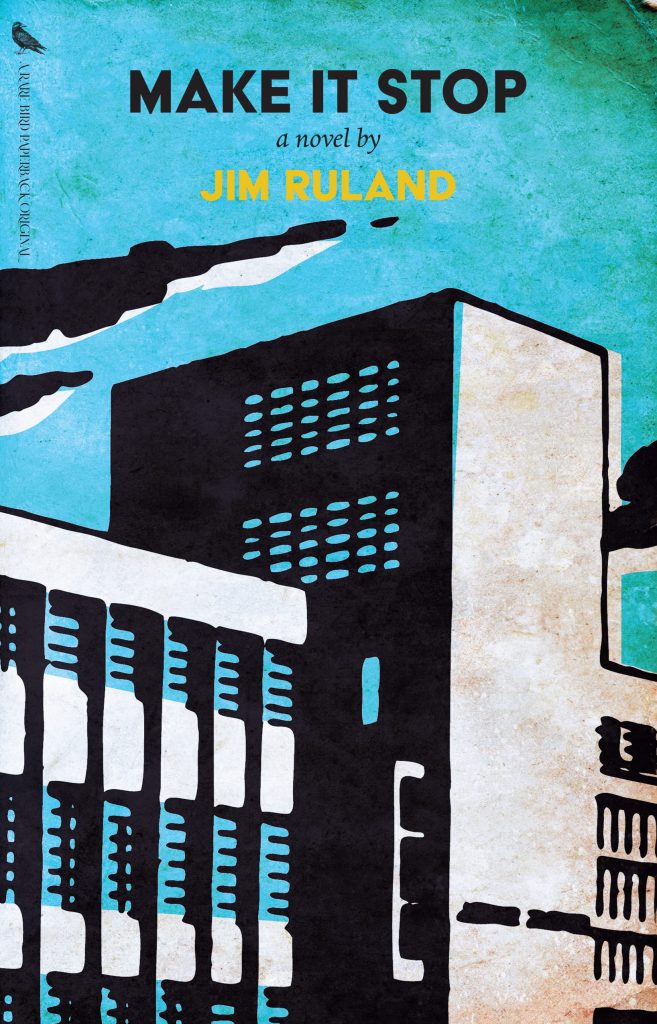
In our afternoon reading: new writing by Jim Ruland, thoughts on Isle McElroy’s new novel, and more.
Afternoon Bites: Drew Buxton Interviewed, Grace Lavery Nonfiction, Art on Governors Island, and More
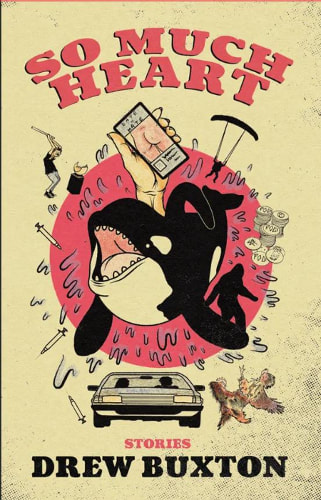
In our afternoon reading: an interview with Drew Buxton, new writing by Grace Lavery, and more.
Afternoon Bites: Mark Fisher Revisited, Germán Sierra, John McPhee Interviewed, The Spinanes, and More
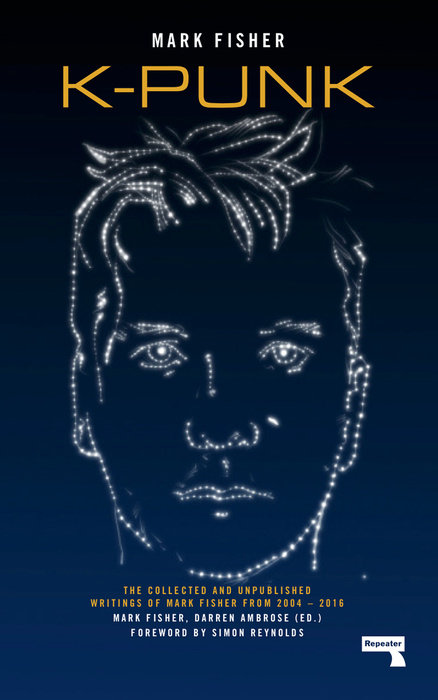
In our afternoon reading: thoughts on books by Mark Fisher and Germán Sierra, an interview with John McPhee, and more.
Morning Bites: John McPhee’s Latest, Chris Gethard Interviewed, Amelia Bonow’s Recommendations, and More

In our morning reading: thoughts on John McPhee’s new book and the current state of blurbing, an interview with Chris Gethard, and more.
Vol.1 Brooklyn’s November 2018 Book Preview
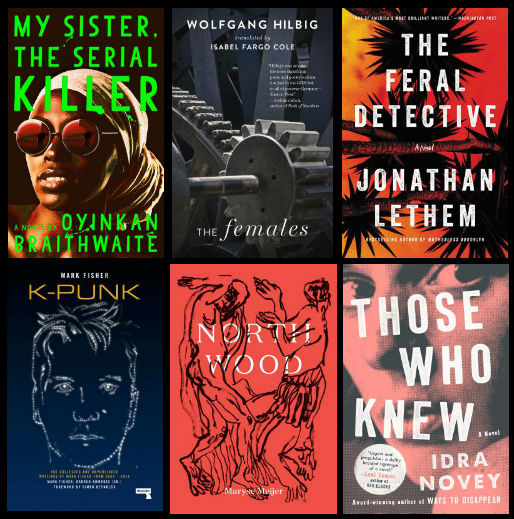
And here we go, deeper into fall. Daylight Savings Time looms this weekend, making for shorter days and longer nights; colder temperatures beckon. Does that make it the right time of the year to curl up with a book? Well, sure–but is there ever not a good time of year for that? Among the books we’re most excited about this month are bold riffs on detective fiction, genre-defying narratives, and works of fiction and nonfiction that put politics and culture into sharp relief. Here are some November books (plus a pair from the final days of October) that have caught our eye.
Afternoon Bites: Claire Messud on Boredom, Danniel Schoonebeek, Revisiting John McPhee, and More

In our afternoon writing: new nonfiction from Claire Messud, an excerpt from Danniel Schoonebeek’s forthcoming book, a look at the work of John McPhee, and more.
Afternoon Bites: Jonathan Lethem Interviewed, Sean H. Doyle on Music Videos, Leesa Cross-Smith on One Direction,and More
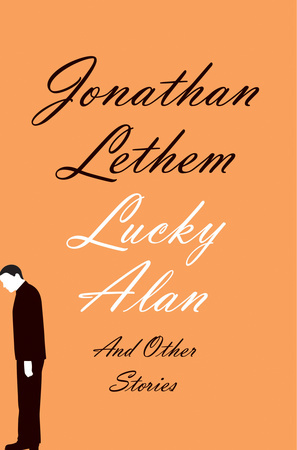
In our afternoon reading: new writing from Colin Dickey, Leesa Cross-Smith, and Sasha Flether; Matt Bell interviewed Jonathan Lethem; notes on Lee Hazlewood; and more.
#tobyreads: Lost Landscapes and Secret Societies
Last week’s column involved some talk of landscapes. At around that time, I’d been reading Walden for WORD’s Classics Book Group–in this case, the edition with annotations by Bill McKibben. This is, somewhat inexplicably, the first time I’ve read it; I am apparently a bad reader of the Transcendentalists. (Really need to work on that.) What struck me–among the things that struck me, really, as there were plenty–was how accessible it still felt. Some works written in the 19th century seem […]

